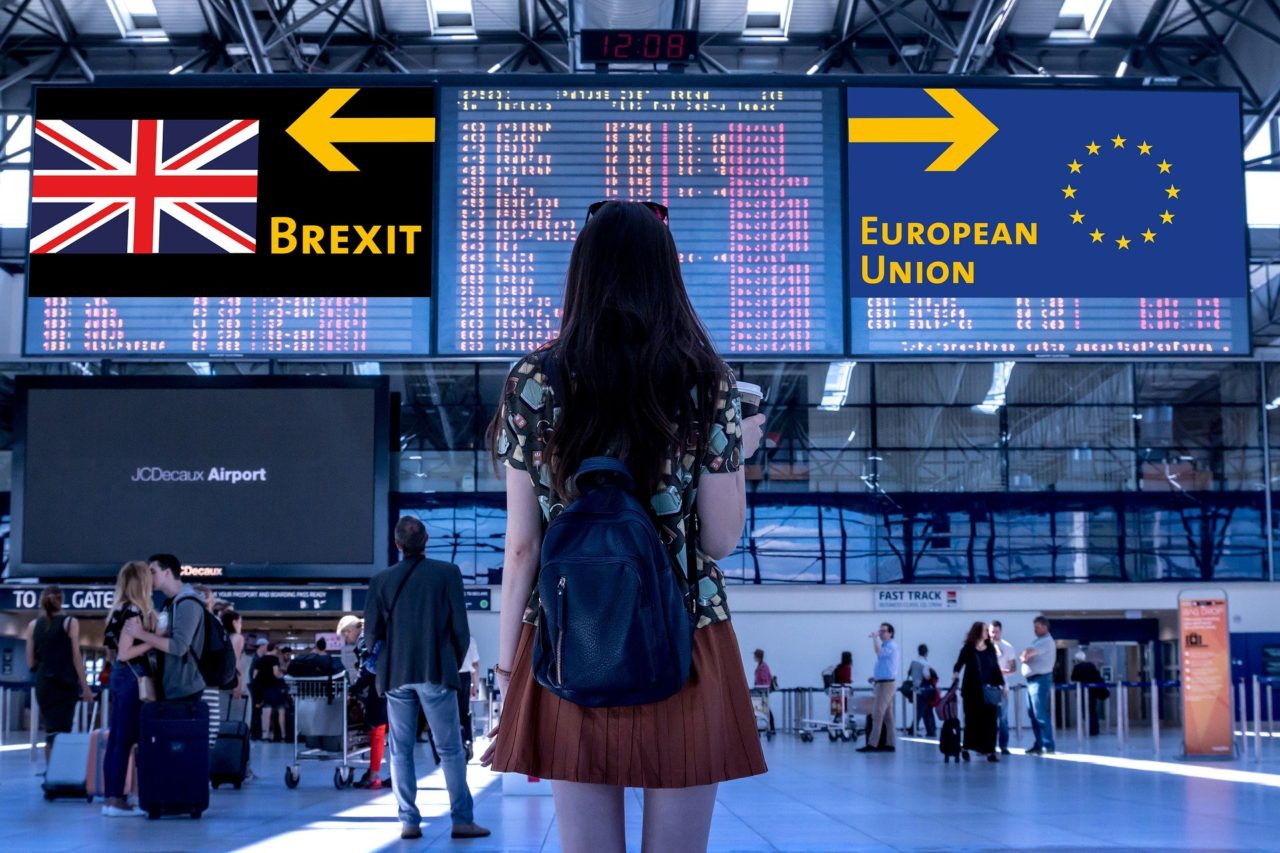-
Feb 28 2020 Influences of Brexit
Today there are no indications of economic consequences in Spain. We will have to wait, because there could be high risks if there is a hard Brexit, with losses, or at least limit situations, in the business between both countries, with millions investments from the islands and thousands of jobs that are generated.
The index will be affected in the bilateral relations of the two countries, as we will not be competitors of each other directly. We need to know how our relationships will be as partners.
The ideal thing is to be able to agree on free trade to free both parties from very embarrassing procedures. It won’t be enough, but it will help because the most damaging will not be bureaucracy, but border customs controls, which can cause numerous losses in perishable products. Customs security protocols, on products from third states, will increase the time of reception of goods.
Product inspections, payment of customs fees, customs records … this is what can do more damage to the agro-food sector. Companies must already obtain customs certificates to expedite processes.
To advance steps, GAP has moved to England (London, Birmingham, Liverpool …) to bring positions with our English customers and suppliers.
The increase in investment in logistics and transport will be reflected in exports, whose demand may be decreased. The decrease in the purchasing power of the English people, having a depreciation of the Pound compared to the Euro, reduces business profitability with England. That country will lose the tax benefits it has with the European Union. It is a significant change, as there will be variations and a fixed price cannot be set. The products will follow the same processes of entry into the United Kingdom according to the same rules used for any other country.
Brexit will not bring benefits to Spain, neither in products nor in tourism, which will be affected as well as our country’s investments in England. On the other hand, numerous multinationals will go from English capital to other capitals of Europe in order to remain within the European Union. That also translates into an opportunity to attract jobs, something in which Spain has to be attentive to be able to acquire before France or Germany, which will become direct competitors in picking up those jobs. Brexit has also to serve us to be able to diversify markets and expand to other places.
In recent years, exports to the United Kingdom have grown above average, which should be fought to maintain that growth in sectors such as food. The approach must be different, we have to look at other markets, with planning to adapt to the markets that arise with this new reality.
-
Feb 21 2020 INCOTERMS 2020
The INCOTERMS (International Commercial Terms) determine the responsibility of the different parties regarding the delivery conditions, assumption of risks of each party, distribution of expenses, customs procedures, transport and insurance, so that it can be guaranteed between customer and supplier the most optimal conditions for both in which these exchanges of goods take place. They deal with rights and obligations in the contract of sale, delivery of goods and international and national contracts, but not the consequences of possible breaches or property rights.
The terms can be grouped into groups, so that group C, group D and group F are formed, as follows: Group C (indirect delivery, transport payment), which is divided into CFR (cost and freight), CPT (carriage paid to) and CIP (carriage and insurance paid) and CIF (cost, insurance and freight); Group D (direct delivery on arrival), developed in DAT (delivered at terminal, more information below), DAP (delivered at terminal) and DDP (delivered duty paid); and finally, Group F (direct delivery, the buyer does not pay for transport), being FCA (free carrier), FAS (free alongside ship) and FOB (free on board), and one more, the EXW (ex Works)
They are prepared by a drafting group, mostly of European representation, although this time has also members from China and Australia, to make a total of 150 members, who form the International Chamber of Commerce, which is the organization that publishes them since 1930.
Since 1980, at the beginning of each decade, changes and improvements to INCOTERMS have been compiled, so that commercial terms, both international and national, are interpreted.
The new changes of INCOTERMS 2020, will be changed possible in 2029.
Among them is the creation of DPU (delivered at place unloaded), which replaces the already mentioned DAT. The obligations and functions do not change, only the name, to clarify that it can be downloaded at any point in the country of destination, not only in a terminal or transport stores.
Differences in transport insurance are also differentiated, between CIP and CIF, in which in CIP the seller is obliged to contract transport insurance in favor of the buyer with wide coverage and in CIF the seller is obliged to contract insurance with coverage minimum
INCOTERMS 2020 also includes requirements related to transport safety, obligations and costs, dealing more precisely with responsibility in the transport security from the country of origin to the destination and customs clearance procedures (export / transit / import).
Similarly, they include agreements for transport with their own means, explaining more precisely which of the two parties is responsible for making customs clearance, assuming risks and costs.
Among the changes, there is the structure of the obligations, which are broken down between the seller (A1 General Obligations, A2 Delivery, A3 Transfer of risks, A4 Transport, A5 Insurance, A6 Delivery or transport document, A7 Import / export clearance, A8 Packaging , packaging and marking, A9 Cost distribution and A10 Notices) and buyer (B1 General obligations, B2 Receipt, B3 Transfer of risks, B4 Transport, B5 Insurance, B6 Proof of delivery or transport, B7 Import / export clearance, B8 Packaging, packaging and marking, B9 Cost distribution and B10 Notices).
Finally, new figures are introduced to facilitate the understanding and use of the rules, with a simple language, more explanatory content, greater breakdown in the distribution of costs, relationship between incoterms and international trade contracts, as well as comparative obligations between the 11 incoterms.
-
Feb 18 2020 How to adapt?
The increase in the global temperature affects to the world fields
In our sector, adapt to the climate change is one of our challenge every day. The forecast according to the records in rain, temperature and other climate events, does foresee an increase in almost 3 degrees, with longer and sooner summer and every year. This restlessness is common, and makes essential adjust the varieties of all the fruits according to the incoming or future alerts, to develop more quality and adaptability. GAP, from the private sector is engaged and makes enterprises to face these changes, putting in value the projects I+D+I+I which adapt to the fight against climate changes.
International initiatives, such as the Wineries for Climate Protection certificate, designed for the grape world at the end of 2015, are great supporters of the fight against climate change. For this reason, multidisciplinary teams investigate the extent to which they can provide greater climatic resistance to crops, in addition to extrapolating these studies to other sections of agriculture.
Limiting the scope of climate change also encounters obstacles such as cultural, financial and legal, so that it will be the farmers themselves who adapt to the areas of greatest warming, study their origins, parents and descendants; its adaptation to drought, sensitivity to pests and resistance to seasons with low temperatures. In this way, those that best adapt to these new conditions and new trends will be detected.
Those crops that do not adapt to these 3 degrees of heating will no longer be suitable for exploitation, resulting in losses. If they adapt to this new situation, they will have less harm in their crops. It is not the most reliable measure, because if warming continues, the relief of varieties will be less and less immune, increasing losses, so the solution should be to fight against climate change before struggling to adapt crops, a solution that is valid right now, but that, over time, efficiency is reduced.
The importance of improving irrigation systems, product collection, packaging, transportation, etc. Sectors in which GAP is firmly aware, always seeking to improve the quality of the product and following the reorganizations where the varieties grow with less effectiveness




